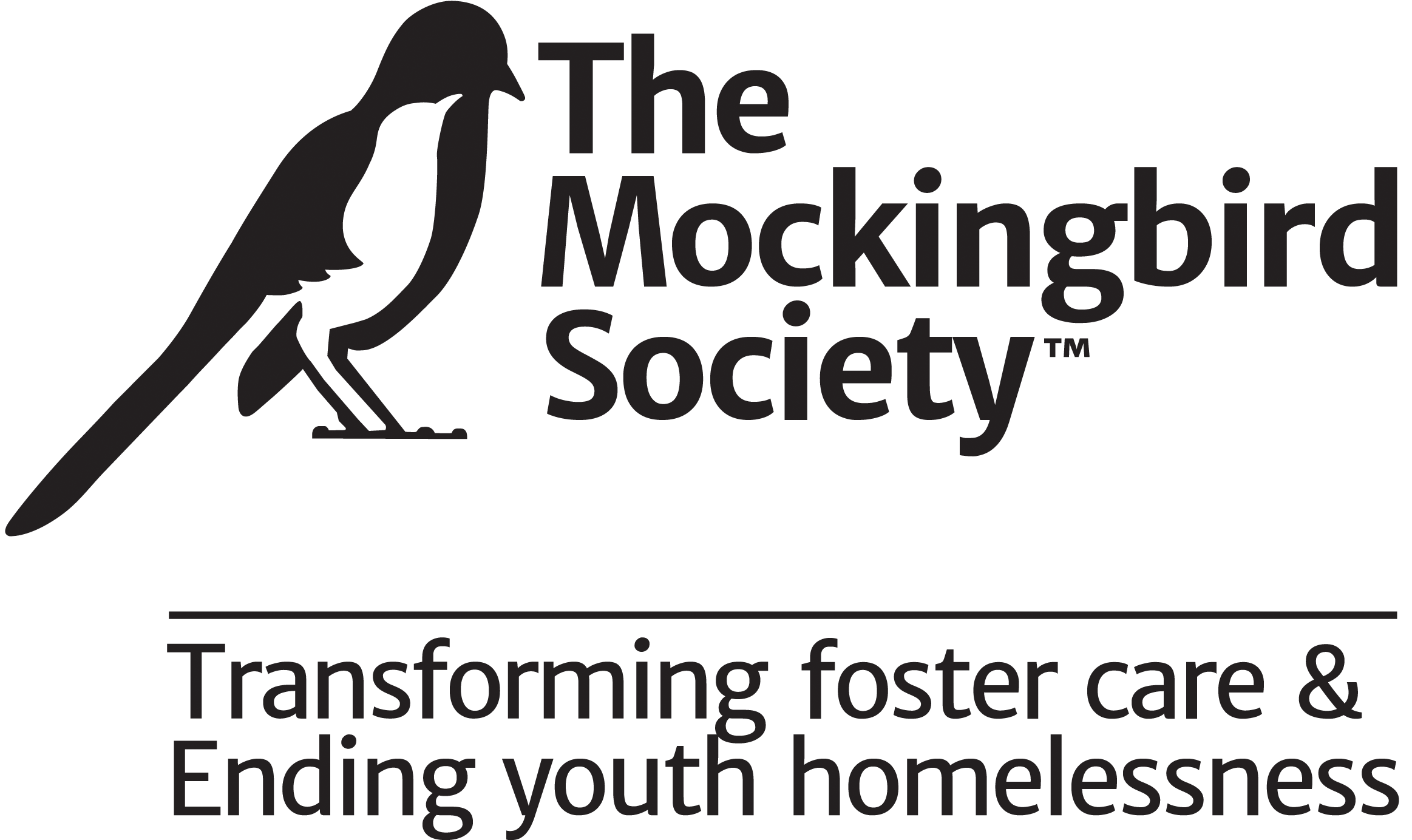Our voice should be heard!
By Lamar Campbell

During my experience on the streets, I have noticed a recurring theme: the lack of youth input in how homeless youth services operate. Shelters and transitional houses typically hold feedback sessions for youth to discuss how things could be improved. However, these aren't always taken seriously, and feel more like a session to vent our frustrations or to obtain free bus tickets than opportunities for youth to voice their legitimate concerns.
Tensions like these have created a general norm for youth to stay silent when asked about feedback. It isn't necessarily the provider's fault for not implementing our requests and suggestions, but these types of situations bring about feelings of apathy; I mean if they didn't care, why should I? This seemed to be the general consensus of many of the friends and other youth I knew.
This problem just didn't end with getting into housing. Through my work at The Mockingbird Society, I noticed the trouble of erasing the indifference many youth have about speaking their minds. A very close friend of mine told me, "While there are nights I'm sleeping outside, I could care less about the quality of the food they are serving at ROOTS, I mean at least you get to sleep that night, be grateful!" Some youth are just satisfied being given a service and don't necessarily know how their voice could be of any help in improving things.
Through my work with the Youth Advocates Ending Homelessness (YAEH) Program, I want to help break down some of the barriers youth face when trying to add their say about programs that aren't benefiting us and erase the indifference fellow youth and young adults on the streets feel towards speaking out. One of our goals is to open the gateways to communication between providers and youth. After all, providers need to know what things youth feel are and aren't working. Another one of our goals is to develop skills in handling negative feedback and push our voice to higher volumes. We won't be ignored!
